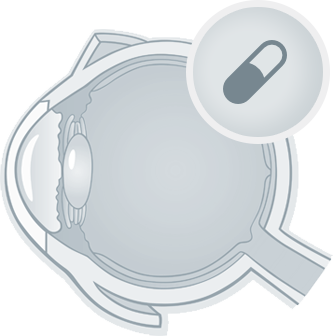Inicio / SPECIALISATIONS / PAEDIATRIC OPHTHALMOLOGY / AMBLYOPIA OR LAZY EYE
On many occasions, it is likely that we have all seen a child with a clogged eye, the little boy or girl who suffers is what is known as a lazy eye.
Amblyopia, which is the medical term to refer to this problem, is that decrease in vision without an organic injury, and may be due to several origins:
When it comes to preventing these problems, what should be done is to see if a child shows any symptoms and if not, wait until they turn 3, which is the age at which the first examination is recommended at the ophthalmologist.
If at any of the two stages it is seen that the child has one eye different in strength to the other, that is when treatment should begin. The most common is occlusion, which consists of covering the eye that best sees, for a few hours or for a few days, depending on the degree of the problem, to make the lazy eye work.
There are less aggressive occlusions that do not directly cover the eye but which seek to place lighter impediments on the stronger eye. For example, through glasses that make vision difficult.
The most important issues in cases of amblyopia are the prevention and conduction of periodic explorations during the first years of childhood, since our brain is learning to see until we are eight or ten years old. From the age of 10 it is considered that the eye can no longer learn, therefore if this problem is not detected from that moment on, the so-called lazy eye will be irrecoverable because treatment does not work in adulthood.
